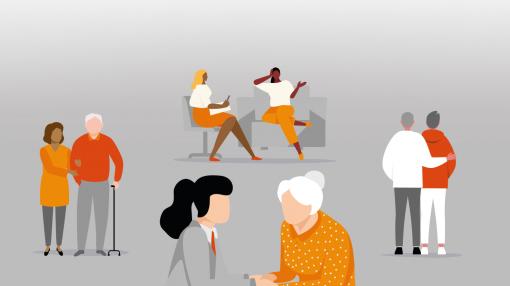
The Court of Protection is a legal authority in the UK that exists to protect the rights of individuals who lack mental capacity to make decisions for themselves. It is responsible for making decisions on behalf of individuals who are unable to make their own decisions due to mental incapacity, severe learning disabilities or any other reason that renders them incapable of making decisions.
What is the Court of Protection?
The Court of Protection is a specialist court that deals with decisions involving people who lack capacity to make decisions for themselves. The Court has the power to make decisions about a wide range of issues, including:
- Property and financial affairs
- Health and welfare decisions
- Deprivation of liberty
When is it needed?
The Court of Protection is needed when an individual lacks the capacity to make decisions for themselves and there are no other suitable arrangements in place to manage their affairs. This may include situations where there is no Power of Attorney or Deputy in place to act on behalf of the individual.
What do you need to know?
If you are a member of the public, it is important to know that the Court of Protection exists to protect the rights of individuals who lack capacity to make decisions for themselves. The Court’s decisions are made in the best interests of the person who lacks capacity, with the aim of protecting their welfare and ensuring that their rights are respected. If you are involved in a case in the Court of Protection, it is important to seek legal advice to ensure that your rights and the rights of the person who lacks capacity are protected.
In conclusion, the Court of Protection plays a vital role in protecting the rights of vulnerable individuals who lack capacity to make decisions for themselves. If you find yourself in a situation where you or a loved one lacks capacity to make decisions, it is important to seek legal advice to ensure that your rights are protected.